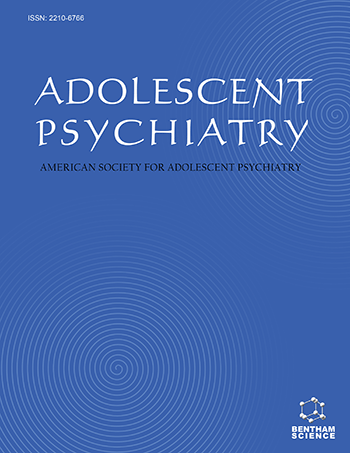Abstract
Background: Sleep disturbance, including insomnia, is a major health issue among both adults and adolescents. Mindfulness-based interventions (MBIs) have recently received increased attention as a non-pharmacological treatment option for patients with insomnia. Objectives: This meta-analysis assesses the effects of MBIs on sleep disturbance in the general population.
Methods: A literature search was conducted using PubMed, Medline, PsychInfo, Google Scholar, and Cochrane library. The search terms were “mindfulness therapy”, “mindfulness based cognitive therapy”, “mindfulness based stress reduction”, “acceptance and commitment therapy”, and “yoga” crossed by “insomnia”, “adults”, “adolescents”, or “children”. All studies in English-language were examined through October 2013. Sixteen studies from different age groups were included in this meta-analysis. Sleep measurements were evaluated before and after MBIs, using both subjective as well as objective methods. Long-term effects were also examined.
Results: The meta-analysis included 575 individuals across 16 studies. Ages ranged from 8-87 years and 82.09% of participants were female (472/575). MBIs were associated with increased sleep efficiency (SE; ES = 0.88; p < 0.0001) and total sleep time (TST; ES = 0.47; p = 0.003) as assessed by sleep log. Additionally, wake after sleep onset and sleep onset latency decreased (WASO; ES = -0.84; p < 0.0001; SOL; ES = -0.55; p < 0.00001). Changes in sleep when measured by polysomnography and actigraphy, however, were not statistically significant. Sleep improvements as assessed by sleep log continued 2-6 months following treatment initiation. Interpretation is limited by the small number of studies on MBIs for insomnia, especially in adolescent populations.
Conclusion: This meta-analysis suggests efficacy of mindfulness-based interventions for improving sleep, as assessed by subjective sleep logs but not by objective measures, and this continued several months after treatment initiation. More research is needed to explore this promising treatment option for adults and adolescents with insomnia.
Keywords: Adolescents, cognitive behavioral therapy, mindfulness, meditation, yoga, insomnia.






























